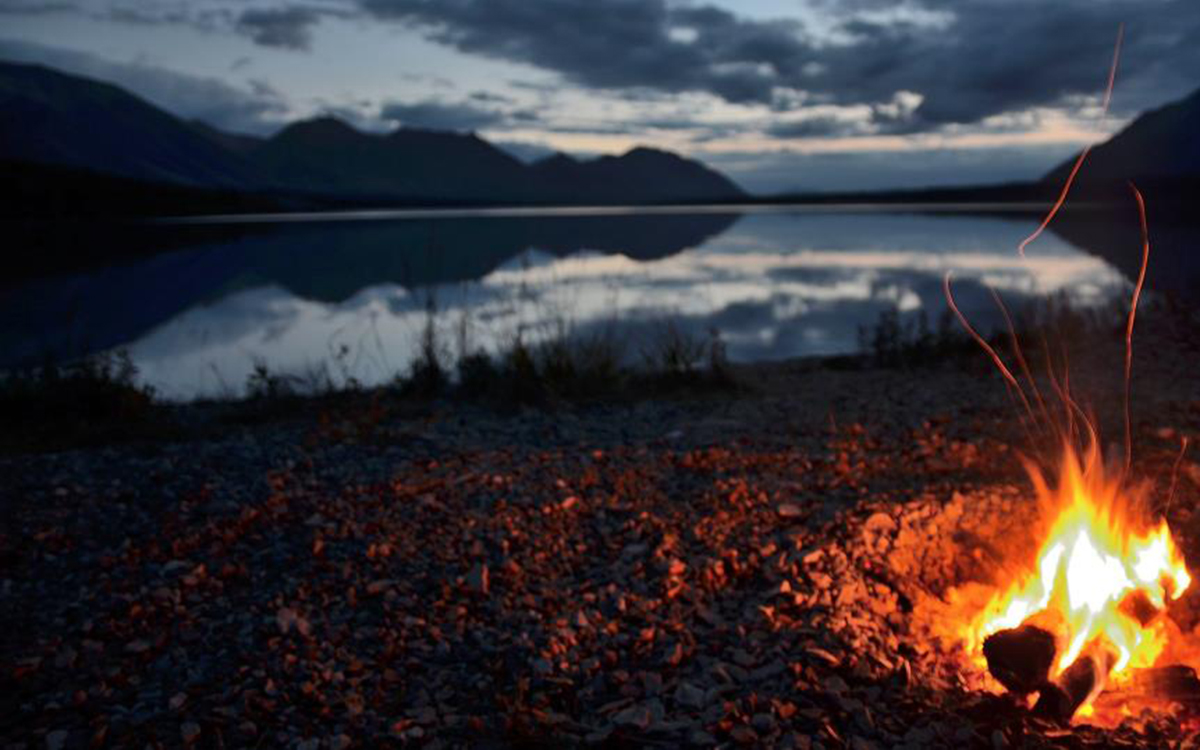ColeyG
WKR
- Joined
- Oct 25, 2017
- Messages
- 447
The sad truth is that there are no corners of the planet that haven't been seen by humans and most have been impacted and changed in some way due to mans influence. Another sad reality is that there are even fewer places where feet haven't been on the ground recently, not to mention in the eons gone by. Many of these places may feel wild and be new to us, but they are certainly not untouched or unexplored.
For me wilderness is a place where I can be free from the impacts of man. Alone in the native wilderness that is. This can still be achieved, but it is getting harder and harder that is for sure. With mechanized access like Supercubs on bush wheels and helicopters, there is literally no such thing as inaccessible. Satellite based communication devices extend "the grid" to every nook and cranny on the planet.
The farthest you can get from a "maintained" road in the L48 is about 20 miles (as the crow flies). There are two corners of designated "wilderness" where this can happen, Yellowstone and N Cascades National Parks. Having spent time in and around each of these areas, they are certainly wild, but far from free from the impacts of man.
For me wilderness is a place where I can be free from the impacts of man. Alone in the native wilderness that is. This can still be achieved, but it is getting harder and harder that is for sure. With mechanized access like Supercubs on bush wheels and helicopters, there is literally no such thing as inaccessible. Satellite based communication devices extend "the grid" to every nook and cranny on the planet.
The farthest you can get from a "maintained" road in the L48 is about 20 miles (as the crow flies). There are two corners of designated "wilderness" where this can happen, Yellowstone and N Cascades National Parks. Having spent time in and around each of these areas, they are certainly wild, but far from free from the impacts of man.

